
Chinese Media Censors Obama’s Remarks on Censorship
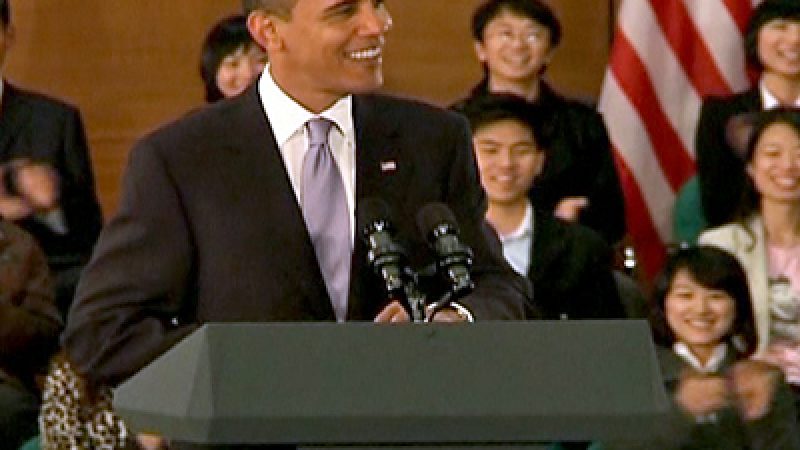
On Monday, U.S. President Barack Obama spoke to more than 400 Chinese students at the Shanghai Museum of Science and Technology. Obama spoke and answered questions on a range of issues—including freedom of speech and religion.
However, it’s not clear how many Chinese people could actually see or hear the event in the media. A scheduled live video stream of the event on the website of state-run Xinhua News Agency turned out only to be a transcript of the event. And while it was shown on a local Shanghai TV station, it was not broadcast on national television.
During the hour-long town hall style meeting, Obama brought up the issue of freedom of expression:
[Barrack Obama, United States President]:
“These freedoms of expression and worship—of access to information and political participation—we believe are universal rights. They should be available to all people, including ethnic and religious minorities—whether they are in the United States, China, or any nation.”
Obama also voiced his support for Internet freedom, while answering a question about China’s Great Firewall.
[Barrack Obama, United States President]:
“I think that the more freely information flows, the stronger the society becomes, because then citizens of countries around the world can hold their own governments accountable. They can begin to think for themselves. That generates new ideas and encourages creativity. And so I’ve always been a strong supporter of open Internet use. I’m a big supporter of non-censorship.”
But it seems his call for non-censorship was met with just the opposite. Although news of Obama’s comments appeared quickly on several Chinese media websites, including Xinhua, they were almost all taken down soon after. And any attempt to access these pages shows they’ve either expired or been deleted.
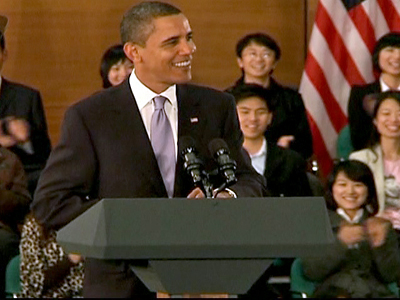 (NTDTV)
(NTDTV)


![SPD-Bundesparteitag: Reden von Scholz und Klingbeil zur bevorstehenden Wahl [Livestream]](https://images-de.epochtimes.de/uploads/2025/01/Thumb-SPD-Bundesparteitag-v2-400x225.jpg)
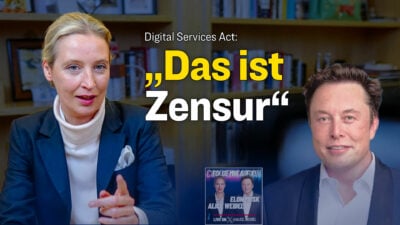













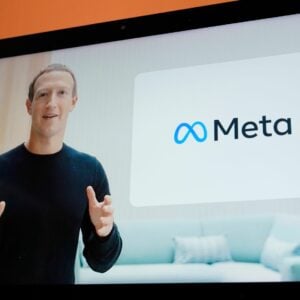
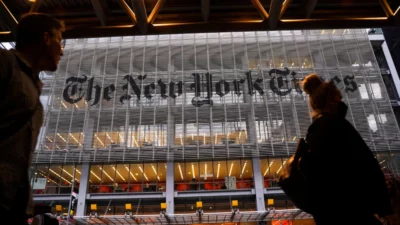





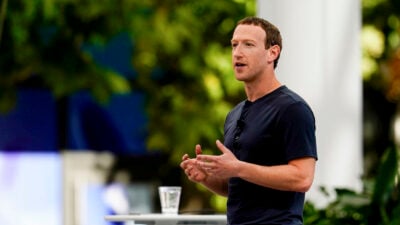
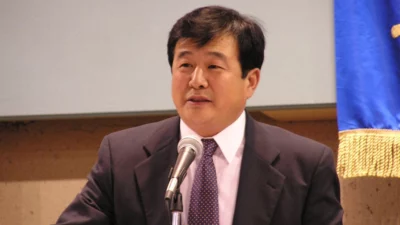

vielen Dank, dass Sie unseren Kommentar-Bereich nutzen.
Bitte verzichten Sie auf Unterstellungen, Schimpfworte, aggressive Formulierungen und Werbe-Links. Solche Kommentare werden wir nicht veröffentlichen. Dies umfasst ebenso abschweifende Kommentare, die keinen konkreten Bezug zum jeweiligen Artikel haben. Viele Kommentare waren bisher schon anregend und auf die Themen bezogen. Wir bitten Sie um eine Qualität, die den Artikeln entspricht, so haben wir alle etwas davon.
Da wir die Verantwortung für jeden veröffentlichten Kommentar tragen, geben wir Kommentare erst nach einer Prüfung frei. Je nach Aufkommen kann es deswegen zu zeitlichen Verzögerungen kommen.
Ihre Epoch Times - Redaktion